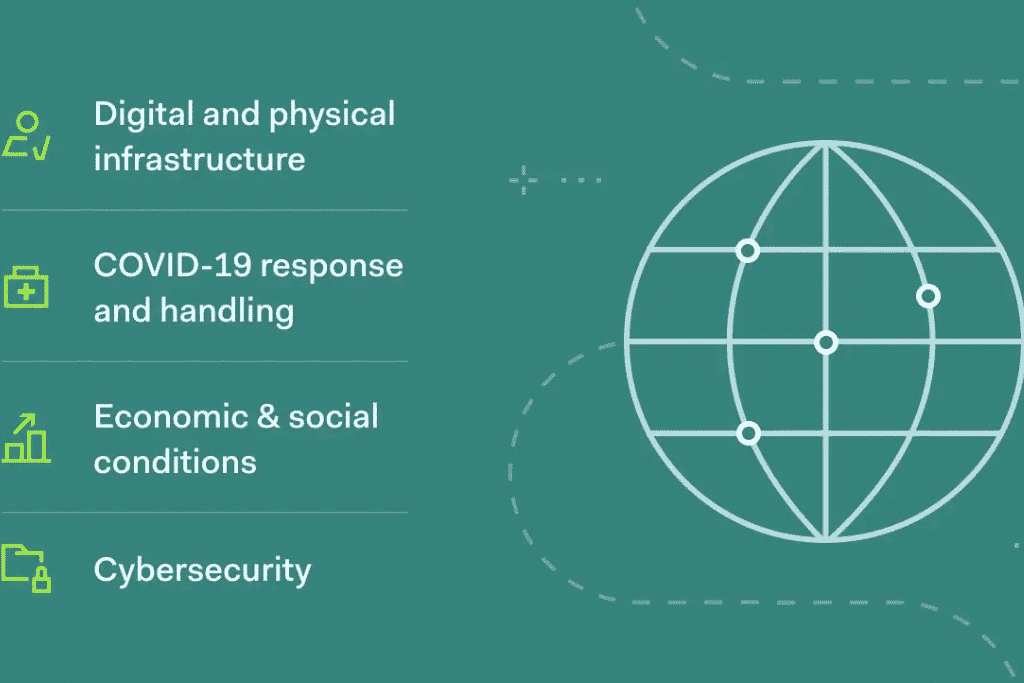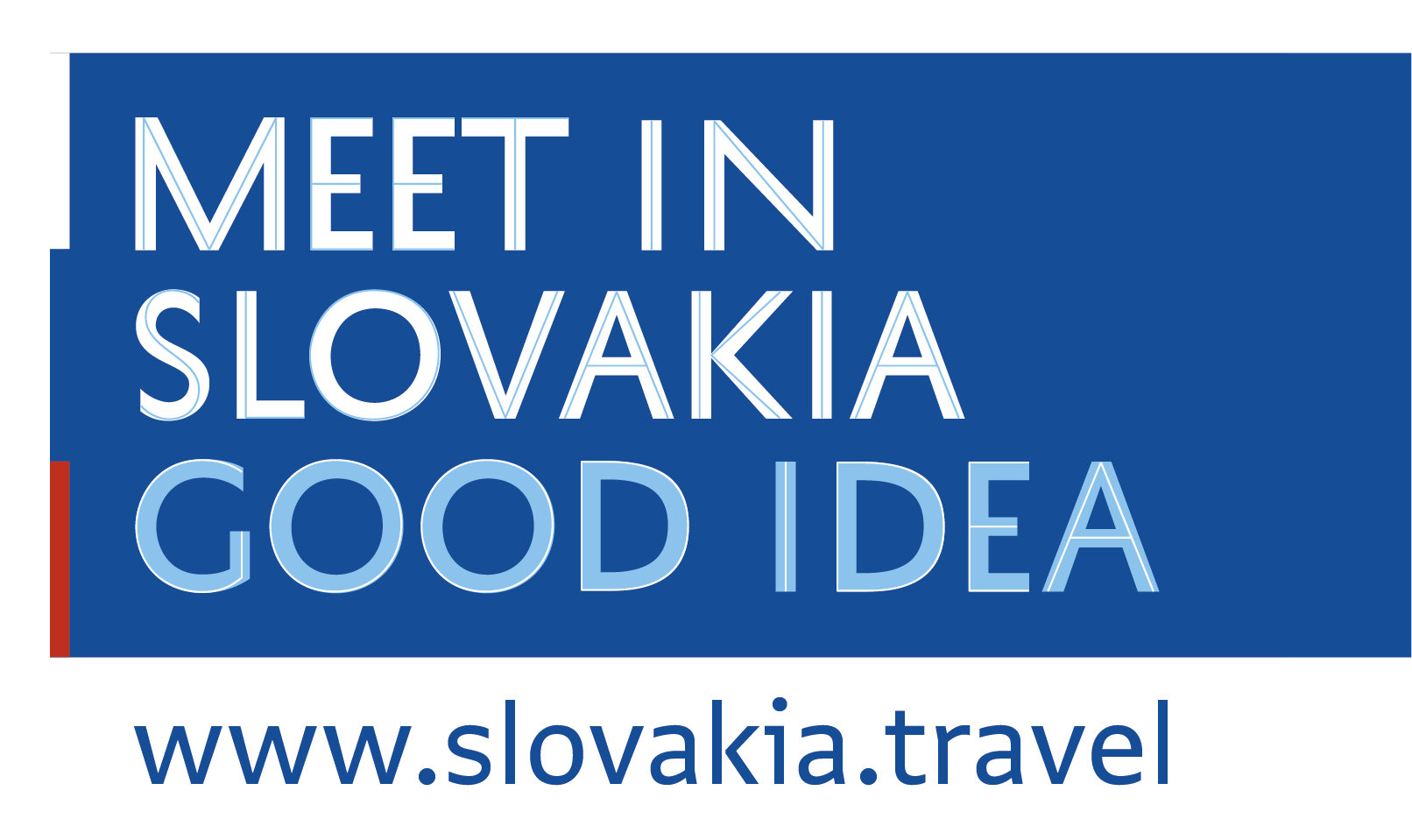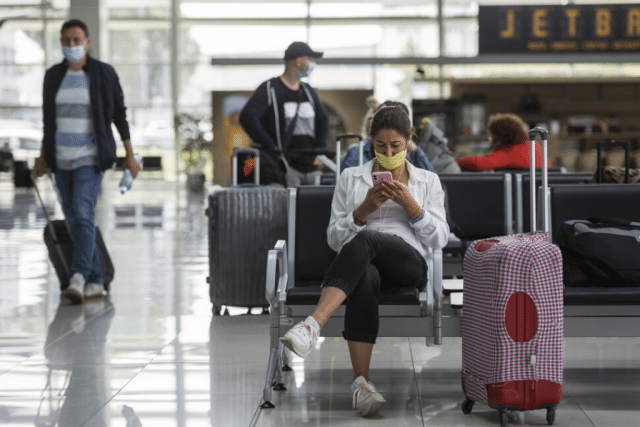Superb cybersecurity balanced by less than stellar infrastructure
Slovakia is a solid central European location for remote working, with very strong cybersecurity performance. However, the country shows some weaknesses in health security and infrastructure, with high internet costs and a low Covid vaccination rate.
Slovakia ranks as the 16th best country in the world for remote work, according to a new report from NordLayer. The report evaluated 66 countries in total.
Why does Slovakia rank 16th?
Slovakia ranks 16th out of 66 countries assessed, putting it comfortably in the top half of the listings. This strong performance is mainly due to Slovakia’s excellent track record in cybersecurity, where the nation ranks first overall. This includes top rankings for legal measures against cybercrime and response capacity when cyber attacks occur. However, Slovakia performs less well in other areas like economic and social conditions (23rd) and government spending on health and education (33rd). Slovakia has a low Covid response ranking (47th) and general global health security rating (43rd), although this is balanced by excellent universal health coverage (11th). Slovakia performs poorly in terms of internet affordability (46th) and internet quality (36th). So while online security is strong, performance may be less impressive.
A regional remote working leader
Slovakia ranks higher than Slovenia (23rd), Croatia (22nd), Serbia (35th), Albania (56th) and Montenegro (61st). This makes it a highly attractive remote working destination in the central European region.
Croatia scores well for cybersecurity (6th overall) and in the social and economic conditions category (11th) but lags Slovakia in terms of infrastructure and health security. Slovenia is seventh overall in terms of social and economic conditions and third for English language proficiency, but less impressive than Slovakia in cybersecurity (27th). Albania, Montenegro and Serbia all beat Slovakia in the cost of living index. However, while Serbia ranks eighth for cybersecurity, Albania (49th) and Montenegro (62nd) perform less well. This all needs to be considered by travellers when choosing the right remote work destination.

Remote working — rising trend everywhere
Remote work has been a subject of discussion for a while now, with companies like Airbnb announcing full remote work, but businessmen like Elon Musk deeming remote work “unproductive.”

Here are the top 10 countries that are best for remote work:
– Germany
– Denmark
– the USA
– Spain
– Lithuania
– The Netherlands
– Sweden
– Estonia
– Singapore
– France
The full list is available here: https://nordlayer.com/global-remote-work-index/.















